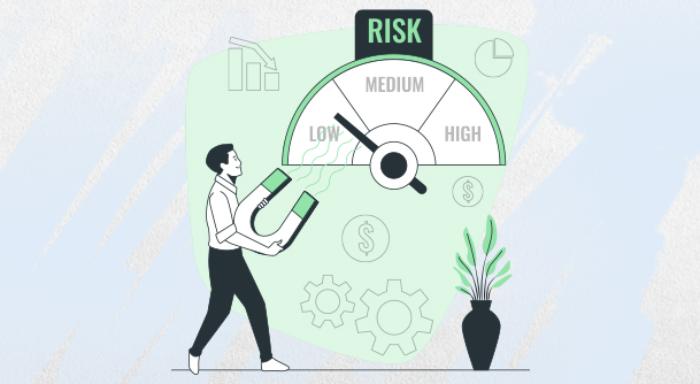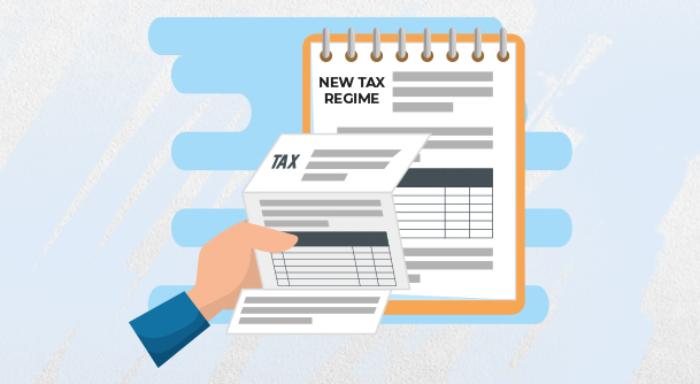What is the Vesting Age for Retirement/Pension Plan?
Blog Title
1941 |
9/12/24 4:30 AM |
Annuity plans are a great investment for those who want to secure their financial future post-retirement. Annuity/Pension plans provide regular income even after you have retired. This income can help you pay for your daily expenses, medical costs, and more. Of course, the best time to buy an annuity plan is when you are still working and have disposable income. But what if you don’t need any passive income during the early years of your retirement? Maybe you have enough savings to comfortably live post-retirement and would rather get passive income when you reach you late 60s.
Retirement Plan providers are aware of this issue, which is why some plans come with the option of a ‘vesting age’. The vesting age is the age at which you will start receiving your annuity plan’s benefits. This option allows you to get your annuity payouts later in life, ensuring that your golden years are secure no matter what happens in the future.
Choose Your Vesting Age
The most important thing to remember is that you get to choose your vesting age! Remember that the vesting age for annuity plans differ from insurer to insurer. Generally, the vesting age for annuity plans can range anywhere between 35 to 80 years. Of course, if retirement income is your primary goal, then your ideal vesting age should be between 50-70 years.
What are the Benefits of Getting delayed Annuity Payouts?
Let’s take the example of a 45-year-old man named Rahul. To ensure his financial security post-retirement, Rahul invests in an annuity plan. Now there are two main types of annuity plans that Rahul can choose from, immediate and deferred annuity plans. If Rahul chooses an immediate annuity plan, he will start receiving payouts as soon as he finishes his first premium payments. However, he does not actually need this immediate payout right away. Rahul plans to retire at the age of 59 and will continue to depend on his salary until then.
So, the right course of action would be to choose an annuity plan with a vesting age of 59. Considering Rahul wants to buy an annuity plan at the age of 45, his plan will have 14 years to grow in value as per the rate of interest. This means that by the time Rahul is 59 years old, his annuity corpus will be significantly higher than it would have been had be opted for immediate annuity.
Interest Rates for Vesting Retirement Plans
As stated above, the main benefit of delaying your pension until the vesting age is that your corpus will increase as per your plan’s interest rate. There are two main types of interest rates that are applicable for annuity plans:
Fixed Rates: In a fixed annuity plan, your rate of interest is predetermined and will never change. The insurance provider will disclose your plan’s interest rate before you finalize your purchase. The benefit of fixed annuities is that your returns are completely guaranteed. The money you have invested into your plan will keep accruing interest until you reach the vesting age. You will also know the exact value of your annuity payments. However, the downside of fixed annuities is their low interest rates.
Variable Rates: Some annuity plans let you invest your savings into various funds. These funds are generally market-linked, and hence your interest rate will also vary based on the everchanging market rates. The upside of variable rates, especially market-linked rates, is that they have the potential for exponential growth. However, market rates are just as likely to drop as they are to rise, making variable annuity plans a riskier option when compared to fixed plans. Moreover, you cannot accurately predict the value of your annuity payments when your interest rate is variable.
Cons of Vesting Annuity Plans
The primary con of a vesting annuity plan is that it is a long-term investment. This means that you will have to be disciplined with your premium payments. Moreover, pulling out of an annuity plan before you reach the vesting age is generally inadvisable. The surrender value you get upon cancelling your annuity plan will usually not be equivalent to the money you have already invested. This means that investing in a vesting plan is a serious financial commitment that you should only make if you’re certain about retirement planning.
Conclusion
Your annuity payouts should not only cover your expenses but should also act as a buffer that safeguards your lifelong savings. This goal can only be achieved if your post-retirement income is adequate to cover for all financial emergencies. Buying a vesting annuity plan is especially advantageous to people in their 40s, as their plan will accrue interest for years before they reach the vesting age.
Aastha Mestry - Portfolio Manager
An Author and a Full-Time Portfolio Manager, Aastha has 6 years of experience working in the Insurance Industry with businesses globally. With a profound interest in traveling, Aastha also loves to blog in her free time.





